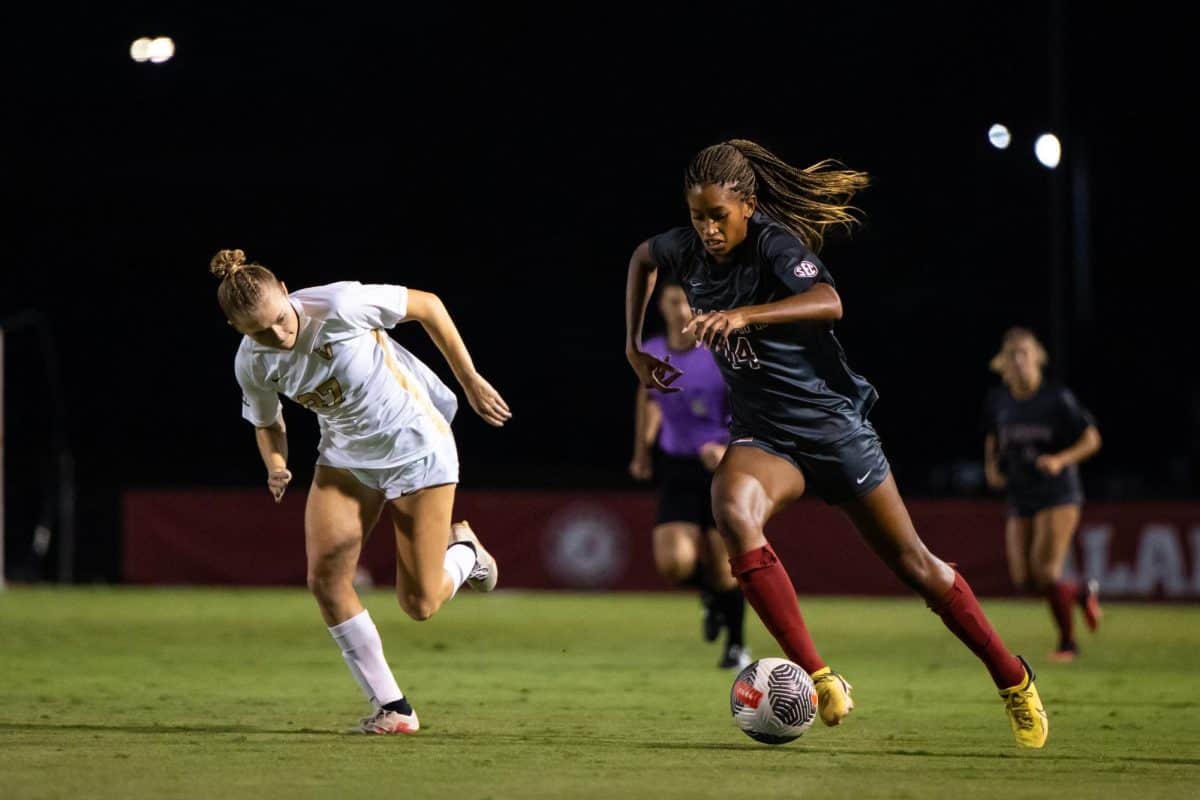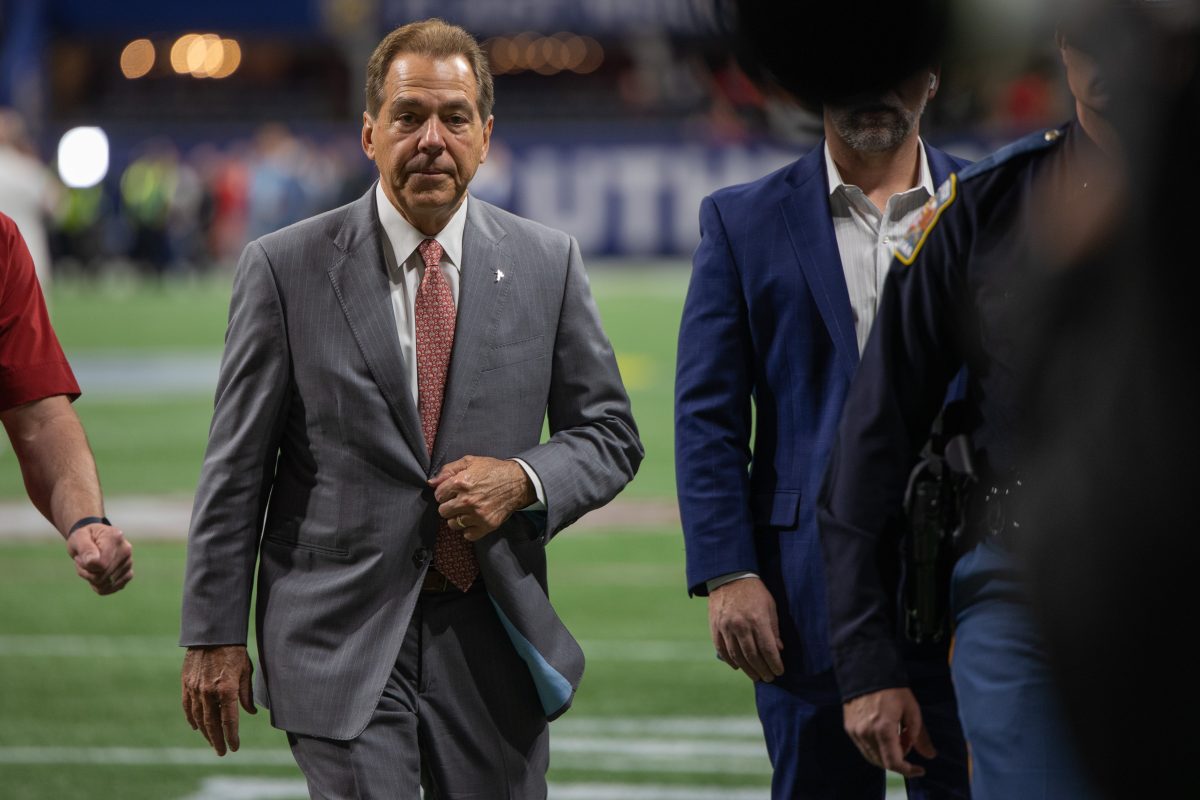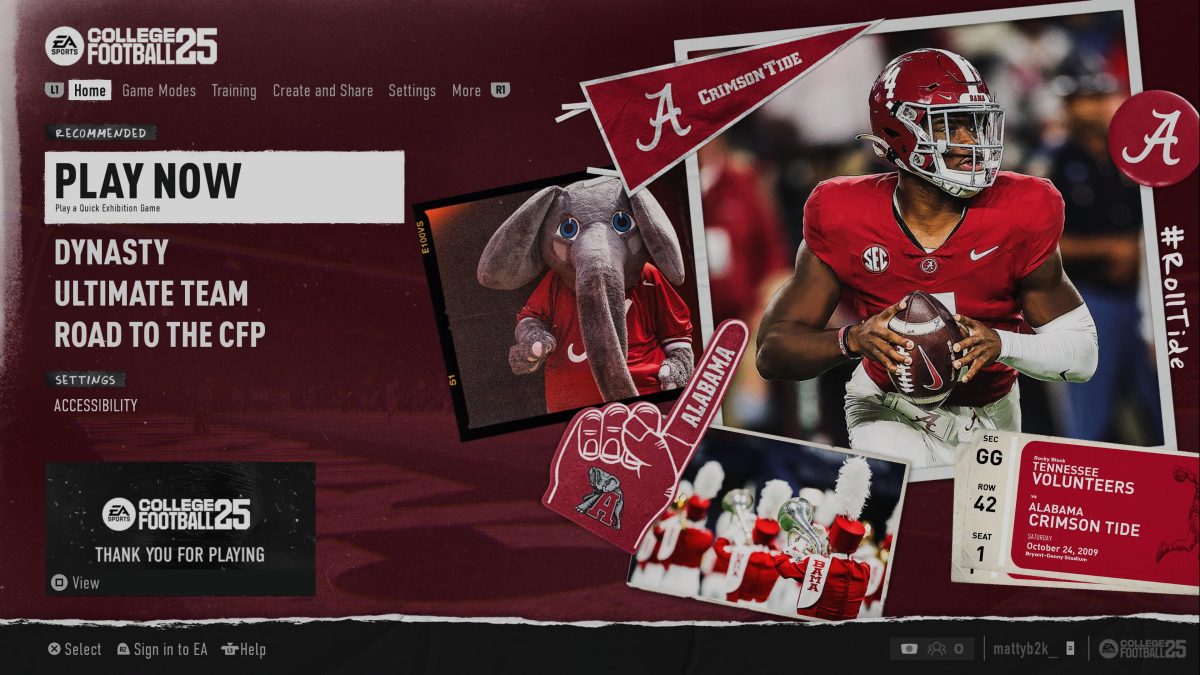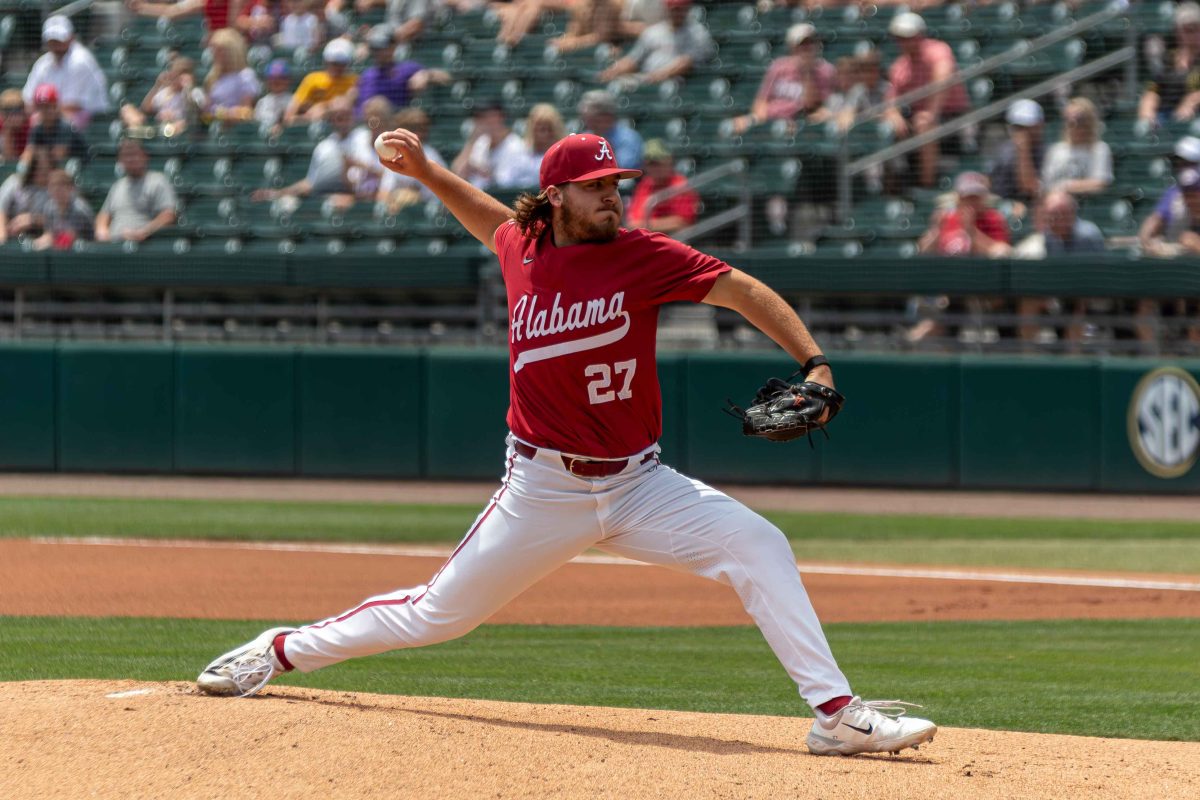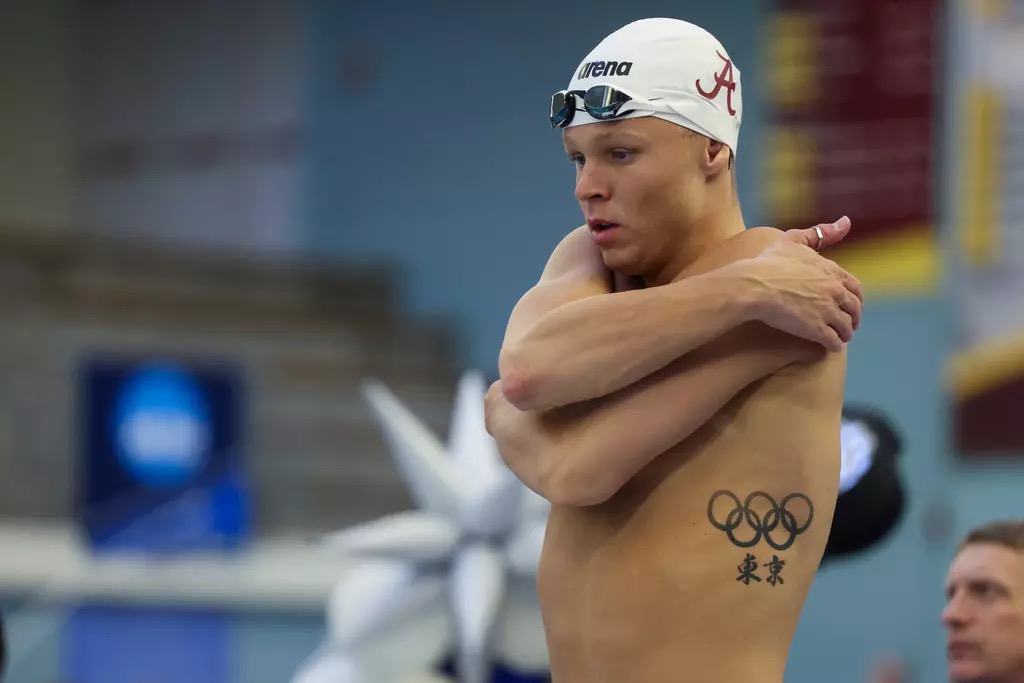Last week, ACC officiating coordinator Doug Rhoads made waves at ACC Media Days when he said Jadeveon Clowney’s hit from the Outback Bowl would have resulted in an ejection according to a new NCAA rule that takes effect this fall.
Clowney, who plays defensive end for the University of South Carolina, took home the ESPY award for the play of the year just days before Rhoads’ comments, for the same hit that could have had him ejected.
“The Hit,” as it is famously known now, changed the game for South Carolina after Clowney pummeled Michigan running back Vincent Smith, forcing and recovering a fumble. The next play, the Gamecocks scored and ultimately won the game 33-28.
This new rule, which ejects players who target and contact defenseless players from the game, was designed to make the sport safer.
But at what cost? Player safety should remain the top priority of the NCAA, but not if it means a defensive player is going to worry he will be kicked out of the game every time he tackles someone.
It’s not even the rule that is the problem. It’s those who enforce the rules. Referees are on the field to make sure the game is fair and safe, but they are also people who can make mistakes. Everyone’s view is different, and some will get the rule right. But then there are those who won’t.
No play illustrates this more than the controversial ending to last September’s NFL game between the Seattle Seahawks and the Green Bay Packers. During the final play, one referee signaled a touchdown while the other signaled an incompletion at the same time.
The game ended after referees ruled that a ball simultaneously caught between Seahawks’ receiver Golden Tate and Packer’s safety M.D. Jennings was a touchdown, giving the Seahawks the victory, 14-12. Even though the final call was correct, the NFL later announced that a flag should have been thrown for offensive pass interference on Tate, negating the touchdown and securing the win for the Packers.
However, it was too late. The Seahawks had already won, and the NFL couldn’t change that.
Who is to say that in a situation with the new rule, they will get the call right? In the case of Clowney’s hit, many former players and officials have argued against Rhoads’ comments. But in the game, if there is any question, Clowney would still be ejected.
Even former Rutgers defensive tackle Eric Legrand, who was paralyzed while making a tackle during a game in 2010, leant his support in favor of Clowney, tweeting “there is no way the Clowney hit is illegal. Take it from a guy who broke his neck.”
The impact of taking a unanimous All-American selection and potentially No. 1 overall pick in the 2014 NFL Draft out of the game can’t be measured, but it certainly does not improve South Carolina’s chances of winning.
This is what we have to look forward to for this football season and the future. Next year, the ESPY award may go to the referee who ejected a Clowney caliber player out of the game, securing the victory for the other team.
Every single athlete who plays on the collegiate level knows when he puts on his pads that at some point he may experience that type of hit. He just has to be like Vincent Smith: Get back up, and keep going.

